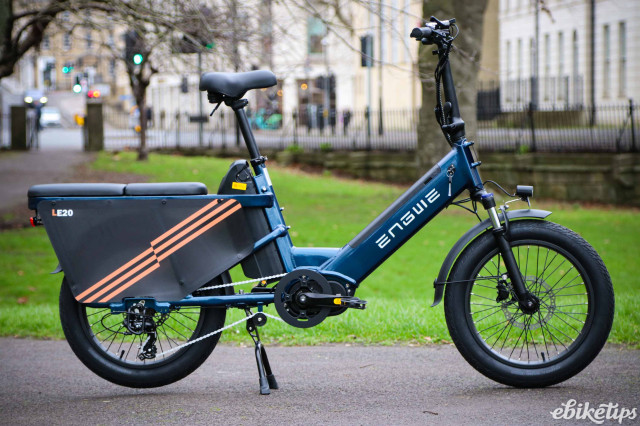Analysis by electrical wholesaler YESSS Electrical (just the three Ss) has crowned Lincolnshire the best electric vehicle (EV) holiday destination with 5.5 per cent of holiday accommodation equipped with EV charging. The research was carried out to highlight the fact that many forms of holiday accommodation are now eligible for the government’s Workplace Charging Scheme which covers up to 75 per cent of the total costs of the purchase and installation of EV charge points.
YESSS suggests that with destinations such as Skegness and Cleethorpes, Lincolnshire benefits from having a relatively large proportion of family type resorts.
It found that 14.4 per cent of resorts and 13.7 per cent of country homes nationwide have charging ports, compared to just 4.9 per cent of bed and breakfasts and 1.8 per cent of holiday homes.
Not entirely surprisingly, luxury tents have the lowest provision – just 1.1 per cent offer EV charging.
West Sussex came second on YESSS’s list with 5.2 per cent of holiday accommodation having EV charging sockets installed. Surrey was third, also with 5.2 per cent.
Bottom of the list was Gwynedd with 2.3 per cent.
“The rise in popularity of EVs is seeing a need for charging facilities to be increased,” commented YESSS head of EV and Energy, Mike Gadd.
“With resorts being a popular family-friendly option, it is no wonder that these types of accommodation are already ahead of the curve when it comes to installing EV chargers. Smaller accommodation businesses such as B&Bs and holiday homes are slower on the uptake.
“Still, with the new government-backed Workplace Charging Scheme, or WCS, these areas are sure to improve over the coming years.”
In February, the Society of Motor Manufacturers and Traders (SMMT) said that the number of publicly available chargers was not keeping pace with the number of EVs on British roads.
This echoed comments made by Britain’s competition regulator, the Competition and Markets Authority (CMA), which said last year that the UK would need 10 times as many charging points before the 2030 ban on petrol and diesel cars. The CMA has flagged on-street charging as being a particular issue.
In March, the government committed £450m to expand the UK EV charging network. This round of funding is expected to result in around 300,000 public chargers being available by 2030 – about five times the number of fuel pumps currently on the roads.






